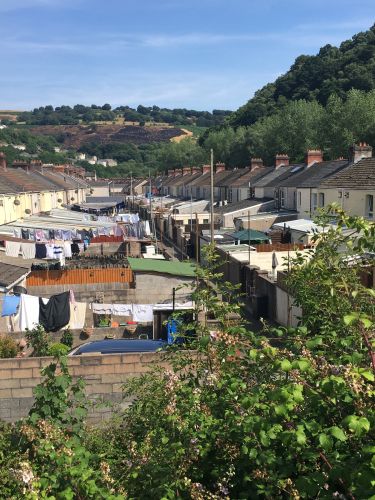
Post-industrial communities have garnered particular attention from the social sciences, focused on engaging with how these areas adapt to the loss of large-scale industries. Many approaches from memory and heritage studies have also considered the ways in which these industrial pasts are remembered and commemorated, whether that be collectively or individually. However, few approaches have sought to engage with the multiple registers of memory and heritage, to consider how much these recollections, in various forms, continue to impact the lives of those who remain in these communities.
This thesis investigates the enduring legacies of industrial pasts in an ex-mining area in the South Wales coalfield, examining how multiplicities of memory and heritage punctuate everyday lives for residents in the area. Conceptualising memory as rooted in the material and immaterial; affective, emotive and discursive; shared and imagined; this thesis discusses how individuals relate not only to a post-industrial town, but how these relationships are bound up in everyday practices, discourses, and relations. Using ethnographic data, interviews and auto-ethnographic reflections, this thesis seeks to provide an engagement with the enduring legacies of industrial heritage beyond only official and formalised narratives.
Based on this methodological framework and theoretical multiplicity, this research proposes an understanding of memory as emergent in the present in moments of intensity, where these many forms of memory and discourses of heritage align and resonate. It has become clear that by considering the affective resonance of these industrial pasts, it is possible to consider how the history of mining continues to matter to those within these communities, and how these emergences go beyond singular conceptualisations of memory or heritage. Considering these moments of multi-temporality allows to discuss mobilities, community identities and landscapes. These multiplicities of the past are deeply embedded in contemporary places and relationships, and greater understanding of the sense of post-industrial place can be established by considering the multi-temporality of memory.
This research project in form of a doctoral research project commenced in 2016 and is due to be completed in 2021. Further research on this topic aims to extend the consideration of the multi-temporality and multiplicity of memory into other post-industrial places, experiencing transition or the legacies of transition from industrial culture.
